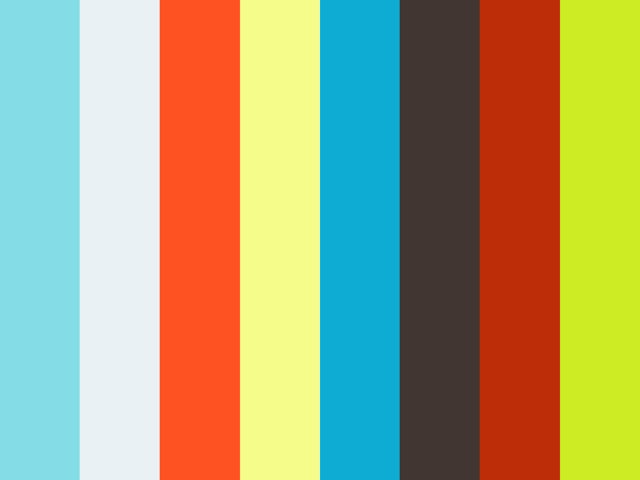Mapping Perception
- Marleine van der Werf
- Oct 28, 2017
- 3 min read

During our first workshop we made several mind maps of our research topic. The basis of my research is perception and recurrent themes and my personal experience all shape my research. This map gives insight in how they are connected. If you are interested in my research proposal which will form the basis of the journey I will do these 2 years, here it is:
Transcending perception Marleine van der Werf, february 2017
I work from a documentary starting point and the main focus and interest in my work is perception.
Perception of change in the documentary ‘The Free Market’(1) and perception of our body in the
documentary ‘Where the soul resides’(2). How we are influenced by our surroundings or mood is
experimented upon in the film-installation ‘Portals’ and ‘Be Boy Be Girl’. I create cinematic worlds, in
which the main characters are able to recreate their reality. Recurring themes are resilience,
imagination and the subconscious, where I find the impact of perception in it’s strongest form:
a tool to survive.
For my documentary ‘Where the soul resides’, I researched how people experience their body as their
own and met several people who experienced a loss of self. I became fascinated by the tests of
neuroscientist Henrik Ehrsson. Who researches the perception of the body through VR glasses worn by
his patients. In just a few minutes he was able to give people the experience that they changed their
environment. Scientist Mel Slater also does interesting experiments. He created a full body scanner,
to recreate a patient’s body. So a patient can communicate with himself and look at his issues from a
different perspective. It made me realise how easily we can manipulate our perception of virtually
everything and I would like to investigate this further.
Although I work from a documentary background, I have been experimenting with different narrative
forms and techniques in all my previous projects. During the study period, I want to learn more about
new technologies that are pushing the border of reality and imagination. For example, would the
physical experience enhance if an audience can control what they see with VR or techniques like the
holo-lens? Francis Ford Coppola adjusted music or certain scenes in length on the spot while the
audience was in the cinema. But to what extent can developments such as the "Occulus Rift" and other
sensory applications add value to the emotional experience of a film? As a research project I want to
propose a VR film or installation that combines sensory input with a strong narrative to create ‘the
ultimate film experience’. At the ‘IDFA Doc lab’ in 2015, a lot of installations and films were static. For
example while I was ‘running’ in a VR film, in reality I was sitting on a chair. Intrigued by the research I
did on the connection between body and self I wanted to create an installation that forces the mind to
think that what you are seeing with VR is reality. To research this I created the installation ‘Be boy Be
girl’ last year. In which I used my knowledge on embodiment and combined smell, touch, 360 image
and omni sound to create a multi sensory film experience. In the installation you could choose to be a
different gender in an altered surrounding. With simple things like adding heat by infrared light and
‘wind’ with a fan it created a strong physical experience. This was very successful and I would like to
broaden my research to combine this with a documentary narrative story. So that it not only becomes a
physical experience but also an emotional experience for the viewer.
Besides developing my visual approach during the ‘Master’ I am interested to explore my own role as a
filmmaker. What kind of impact could or should my work have? Especially in relations to ongoing
political conflicts like those in Syria. It made me reflect on certain aspects of my work. Although I am
not a journalist, I do relate to situations like this, but in what sense? I have been working on very
different projects in which perception has been a recurrent interest. But topic wise my projects were
fragmented. Now I feel it is time to focus myself and deepen my knowledge. During the ‘Master’ I want
to explore these boundaries of our perception; how can you break through obstacles to find ways to
deeply manipulate the viewers senses? Watching a film can momentarily trigger our emotions, but can
it change the way we experience the world and our body? The main aim is to create powerful and fully
captivating cinematic experiences. Similar to travelling, nothing changes the way you view your own
reality like perceiving up close the way other people experience life.
(1) The Free Market, impressionistic documentary about how people experience time and adapt when their world radically changes.
(2) Where the soul resides, documentary that revolves around the question ‘how do we feel that our self is located inside our body?’

















































Comments